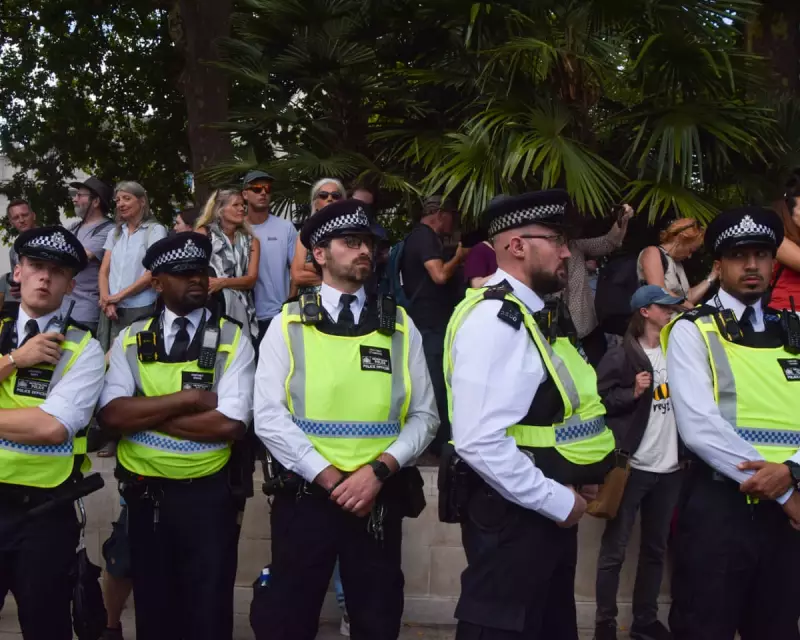
The Home Secretary has invoked controversial terrorism powers to proscribe Palestine Action, the direct action group known for targeting Israeli defence company Elbit Systems' UK sites. The move marks one of the most significant crackdowns on protest rights in recent years.
Unprecedented Use of Terrorism Powers
Using powers typically reserved for terrorist organisations, the government has effectively criminalised membership and support of Palestine Action. The group, which has occupied factories and splashed buildings with red paint to symbolise bloodshed in Gaza, now faces the same legal status as extremist organisations.
Home Office ministers justified the decision by citing the group's "significant criminal activity" and potential to "undermine the rule of law." However, civil liberties organisations have condemned the move as a dangerous erosion of democratic rights.
"Defend Our Juries" Campaign Targeted
In a related development, police have begun intervening against the "Defend Our Juries" campaign. Officers have been stopping protesters holding signs reminding jurors of their ancient right to acquit defendants based on conscience, regardless of judicial directions.
Campaigners argue this policing tactic represents an unprecedented interference with jury independence. "Police are essentially telling people what they can and cannot say about jury rights," explained a legal observer at recent demonstrations.
Street Bail Conditions Used to Silence Protest
Those arrested during Palestine Action protests report being released on strict street bail conditions that effectively ban them from further demonstrations. These conditions often prohibit:
- Associating with known group members
- Entering specified geographical areas
- Participating in any public protests
- Posting about demonstrations on social media
Critics argue these conditions are being used as a form of pre-emptive punishment without trial.
Legal Challenges and Civil Liberties Concerns
Human rights organisations have vowed to challenge the ban, citing concerns about the government's expanding definition of "terrorism" to include disruptive but non-violent protest.
"This represents a dangerous blurring of lines between legitimate protest and terrorism," warned a Liberty spokesperson. "Peaceful dissent is a fundamental right in any democracy, not a terrorist activity."
The legal charity has reported increased police interventions against protesters simply holding signs about jury rights, describing it as a "chilling effect" on free speech.
What Happens Next?
Despite the ban, Palestine Action supporters have pledged to continue their campaign through alternative means. Legal challenges are expected to focus on whether the government's use of terrorism powers was proportionate and justified.
The outcome could set significant precedents for how protest rights are balanced against security concerns in post-Brexit Britain.





